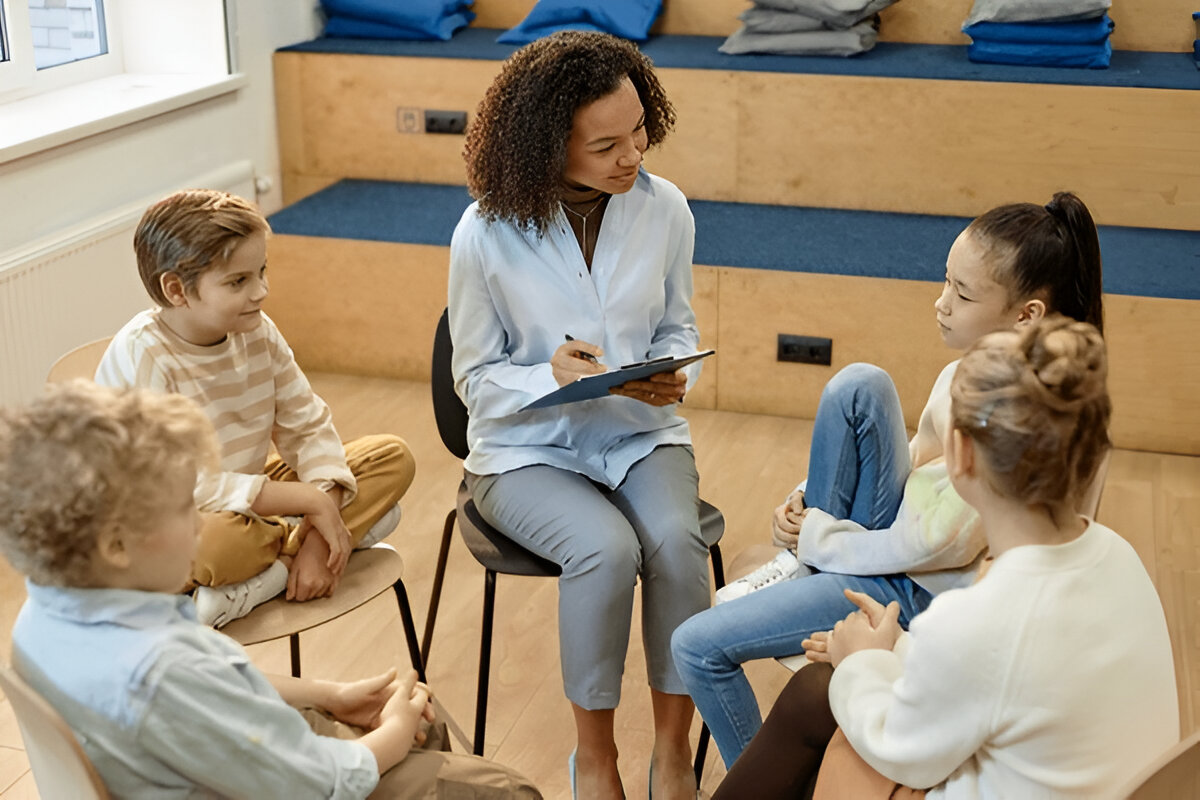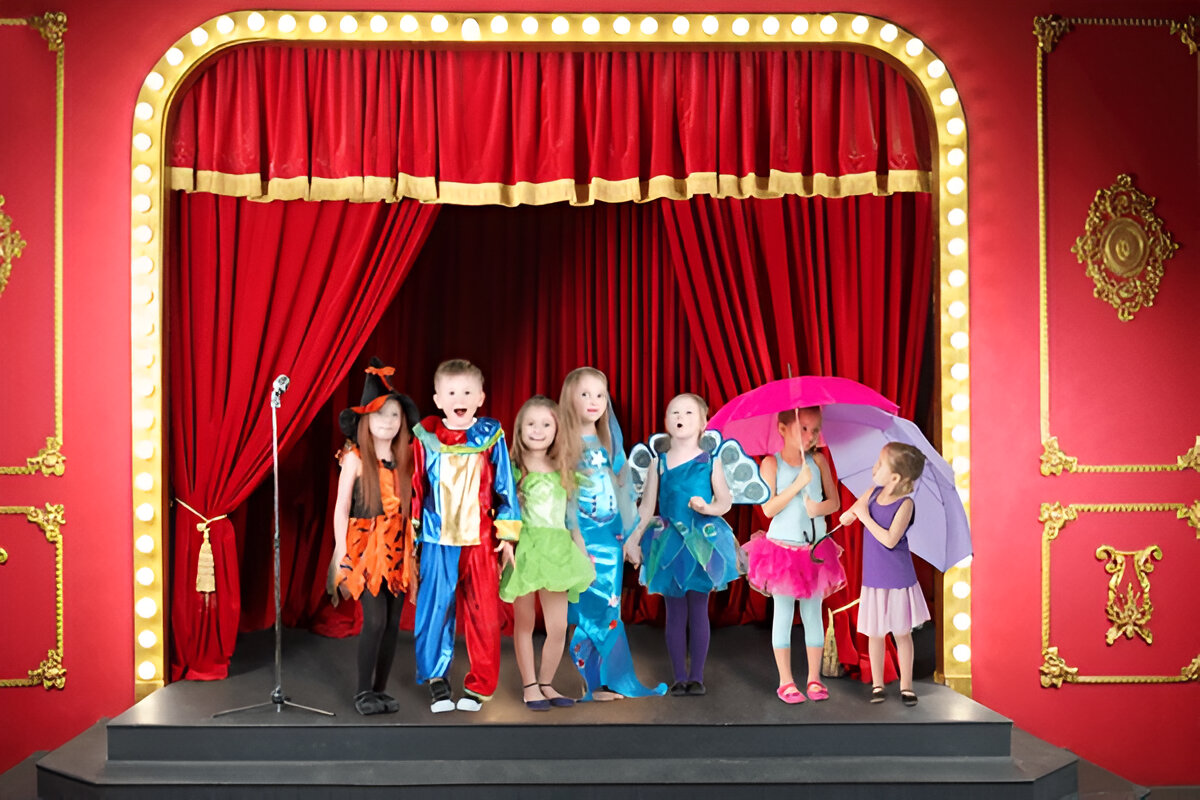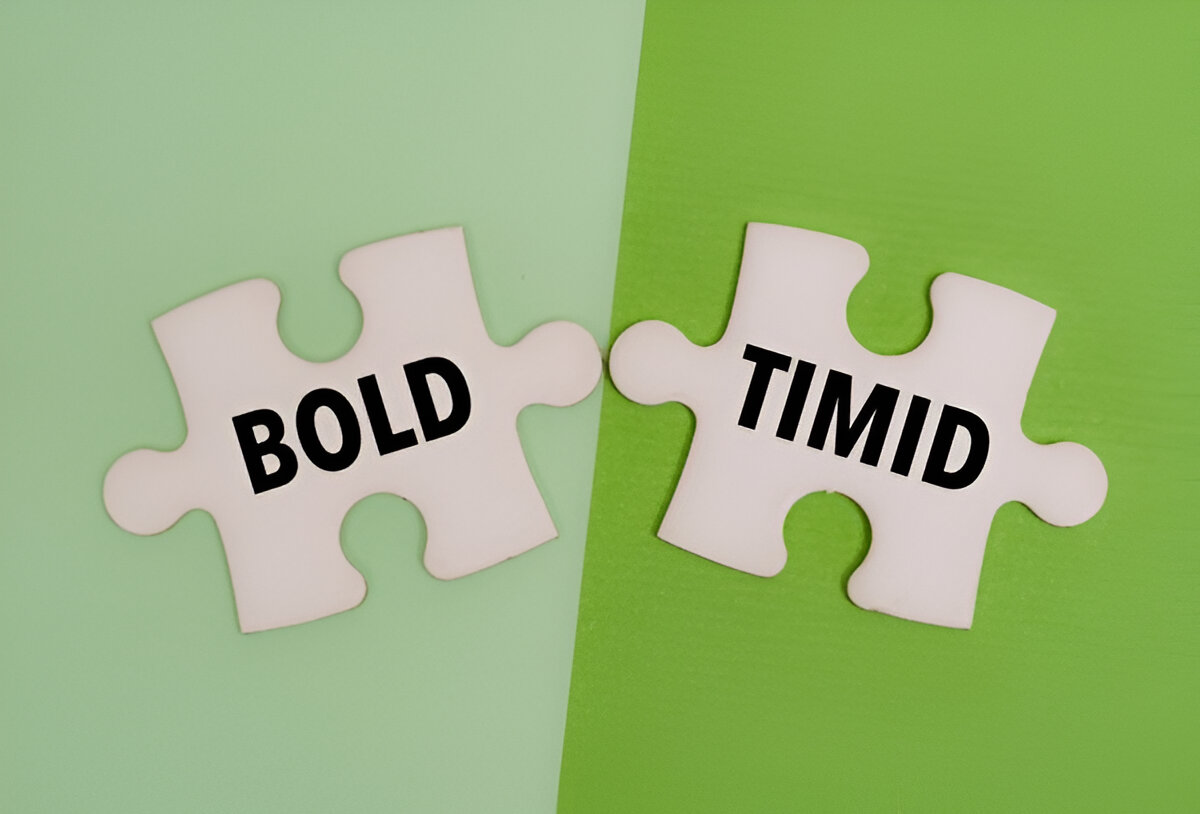Watching your child struggle with self-confidence can be tough. You dream of them becoming bold and self-assured. The path from shyness to confidence is challenging. We’ll look at ways to help your child grow strong and believe in themselves.
Building self-confidence in kids is more than just teaching them to stand tall. It’s about boosting their self-worth and letting them shine with their talents. By creating a supportive space, you can help your child reach their full potential.
Table of Contents
Understanding Child Self-Confidence and Its Importance
Building self-confidence in children is key for their growth and happiness. It affects their school work, how they interact with others, and their emotional smarts.
The Psychology Behind Childhood Confidence
Childhood confidence comes from feeling good about oneself and believing in one’s abilities. It’s shaped by their surroundings, family support, and early life. A caring and supportive environment helps kids develop the confidence to face life’s challenges.
Impact of Self-Confidence on Academic Performance
Confident kids love to learn and are open to new things. They’re not scared to try, ask questions, and seek out new challenges. This positive attitude helps them do better in school, stay motivated, and bounce back from failures.
Social Development and Peer Relationships
Confidence is also vital for kids’ social growth and friendships. Kids who feel good about themselves can handle social situations better. They can share their thoughts, feelings, and build strong friendships. This helps them develop emotional smarts, empathy, and handle complex social situations.
| Aspect | Importance of Self-Confidence |
|---|---|
| Academic Performance | Boosts engagement, motivation, and resilience in learning |
| Social Development | Enhances social skills, emotional intelligence, and peer relationships |
| Emotional Intelligence | Fosters self-awareness, empathy, and the ability to manage emotions |
Understanding childhood confidence and its effects helps parents and teachers. They can create strategies to boost self-belief, resilience, and emotional smarts. This sets kids up for success and happiness in the future.
Build Self-Confidence, boldness, kids: Essential Strategies
Building self-confidence in kids is key to their growth. Parents can help by making a supportive home and daily routines. Positive self-talk is a big part of this.
Creating a Supportive Environment at Home
The home environment shapes a child’s self-confidence. Parents can create a nurturing space by:
- Offering praise and positive feedback for their child’s efforts and achievements
- Encouraging open communication and listening to understand their child’s thoughts and feelings
- Providing a safe space for the child to explore, take risks, and learn from mistakes without fear
Implementing Daily Confidence-Building Routines
Daily routines that boost self-confidence are important. Parents can add these to their child’s day:
- Encouraging the child to set and celebrate achievable goals
- Engaging in activities that promote a growth mindset, like problem-solving and skill-building
- Using exercises like daily affirmations or visualization to build confidence
Role of Positive Self-Talk in Child Development
How kids talk to themselves affects their self-confidence and well-being. Teaching positive self-talk helps them grow and overcome doubts. Parents can do this by:
- Showing positive self-talk themselves
- Helping the child change negative thoughts into positive ones
- Encouraging them to celebrate successes and learn from mistakes
By making a supportive home, daily routines, and teaching positive self-talk, parents can help their kids become bold and self-assured.
Overcoming Common Challenges in Building Child Confidence
Helping children grow into confident and self-assured individuals is a rewarding but challenging task for parents. Building resilience and self-esteem in children offers many benefits. However, there are common obstacles that can make it hard for children to build their confidence.
One major challenge is shyness. Shy children often find it hard to join in or speak up in social situations. To help, parents can teach assertiveness training. This helps kids express their thoughts and feelings confidently.
Another big issue is the fear of failure. Kids who fear making mistakes might not take risks or try new things. To combat this, self-esteem activities that celebrate small wins and see failures as learning chances are helpful.
Children also face the challenge of negative self-perception. Feeling not good enough or doubting oneself can make it hard to see one’s strengths. Resilience-building exercises that promote self-acceptance and positive self-talk can help kids overcome this.
By tackling these common challenges with assertiveness training, self-esteem activities, and resilience-building strategies, parents can help their children grow into confident and self-assured individuals. This will help them thrive in all areas of life.

| Common Challenge | Strategies |
|---|---|
| Shyness | Assertiveness training |
| Fear of Failure | Self-esteem activities |
| Negative Self-Perception | Resilience-building exercises |
Practical Activities and Exercises for Confidence Building
Helping children feel confident and self-assured is key to their growth. We’ll look at fun activities and exercises that boost their confidence.
Age-Appropriate Confidence Building Games
Games tailored for kids can really help build their confidence. These games are designed for their age and developmental stage. Here are some examples:
- Mirror mirror: Kids take turns leading their partner in movements, promoting self-expression and coordination.
- Talent show: Kids get to show off their talents, like singing or dancing, in a supportive setting.
- Positive affirmations: Kids write or draw positive things about themselves, boosting their self-esteem.
Social Skills Development Activities
Confidence and social skills go together. Here are activities that help kids improve in social situations:
- Role-playing: Kids practice social scenarios, like introducing themselves or asking for help, to improve communication.
- Teamwork challenges: Kids work together to solve problems, promoting teamwork and communication.
- Empathy exercises: Kids learn to see things from others’ perspectives, fostering compassion and understanding.
Creative Expression and Self-Discovery Projects
Letting kids explore their creativity can boost their confidence. Here are some activities to try:
| Activity | Description |
|---|---|
| Journaling | Children write or draw about their thoughts and feelings, promoting self-reflection. |
| Art Exploration | Children try different art forms to express themselves and feel a sense of accomplishment. |
| Storytelling | Children create and share their own stories, improving their imagination and communication. |
By adding these activities to a child’s life, parents and educators can help them become confident and self-assured.

The Role of Schools and Educators in Fostering Confidence
Educators are key in building self-confidence in kids. Schools can help by creating a supportive environment. This environment encourages a growth mindset, emotional intelligence, and self-belief strategies. By focusing on these areas, educators can help students face challenges and reach their full potential.
Cultivating a Growth Mindset
A growth mindset is essential for self-confidence. It means believing that abilities can grow with effort and hard work. Teachers can promote this by praising effort and seeing mistakes as chances to learn. This mindset helps kids be resilient and adaptable in school and life.
Integrating Emotional Intelligence Lessons
Emotional intelligence is linked to self-confidence. Schools can teach kids to understand, manage, and express their feelings. This includes learning to empathize and communicate clearly. Such skills help kids feel confident and emotionally mature in social situations.
Fostering Self-Belief Strategies
Teachers can also teach self-belief strategies in class. This might include positive self-talk, visualization, and setting goals. These tools help kids feel good about themselves and confident to face challenges.
When schools and teachers work with families, kids can grow in confidence. They learn to be bold and resilient. This is thanks to a supportive environment that values growth, emotional intelligence, and self-belief.
| Strategies | Benefits |
|---|---|
| Implementing Growth Mindset Practices | Cultivates a resilient and adaptable approach to learning |
| Integrating Emotional Intelligence Lessons | Empowers children to navigate social situations with confidence and emotional maturity |
| Fostering Self-Belief Strategies | Helps children cultivate a strong sense of self-worth and the confidence to tackle challenges |
Conclusion: Nurturing Bold and Confident Children for Life
As we wrap up, the way to raise bold and confident kids is clear. Understanding self-confidence’s role in school success and social growth is key. By using the strategies shared, parents can help kids find their strengths and tackle challenges.
Building self-confidence in kids is a lifelong effort. It’s about giving them the tools and mindset to succeed. By creating supportive spaces and daily routines, kids learn to face the world with confidence and resilience.
By focusing on self-confidence, we can help the next generation reach their full potential. This means kids who do well in school and are emotionally and socially strong. With the right strategies, we can raise kids who are bold, self-assured, and ready for the future.
FAQ
What is the importance of building self-confidence in children?
Building self-confidence in kids is key for their growth. It makes them feel strong and ready to face challenges. Confident kids do well in school, make good friends, and become confident adults.
How can parents create a supportive environment at home to boost their child’s confidence?
Parents can support their child’s confidence by loving them without condition. They should encourage their interests and celebrate their wins. Daily routines and rituals help kids feel secure and valued.
What is the role of positive self-talk in developing a child’s confidence?
Positive self-talk is crucial for kids’ confidence. It teaches them to think positively and be resilient. Regular positive talk boosts their self-belief and self-worth.
How can schools and educators contribute to fostering confidence in students?
Schools and teachers are vital in building student confidence. They create supportive classrooms, teach growth mindset, and include emotional intelligence lessons. This helps students believe in themselves and handle challenges confidently.
What are some practical activities and exercises parents can use to build their child’s confidence?
Parents can use games, social skills activities, and creative projects to boost confidence. These activities help kids develop self-awareness, talents, and courage to face new challenges.

